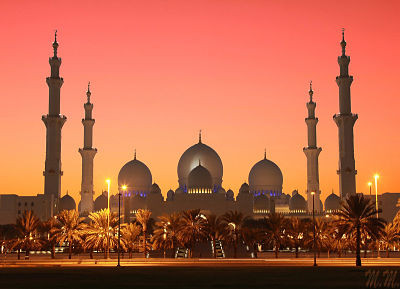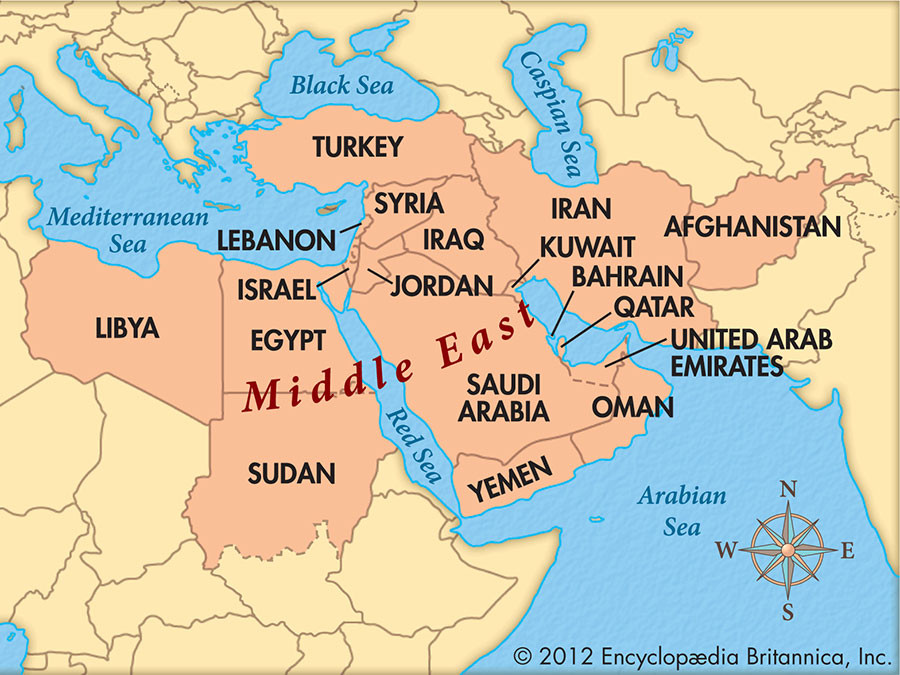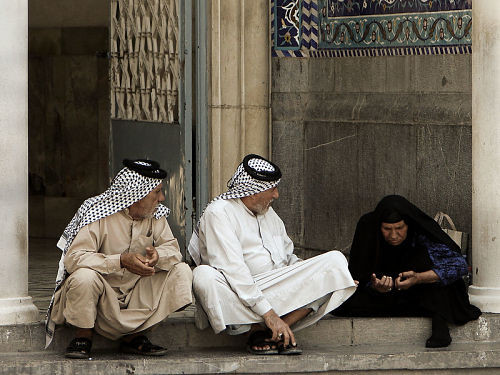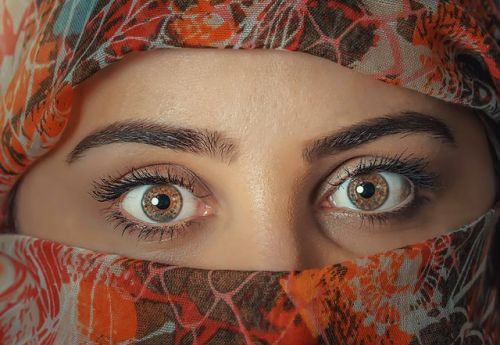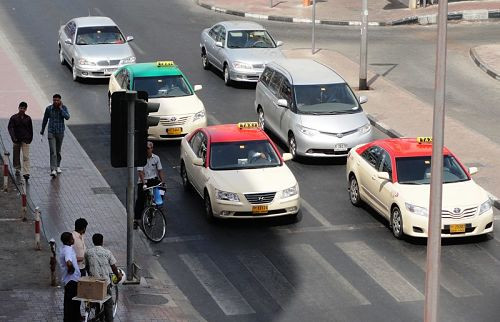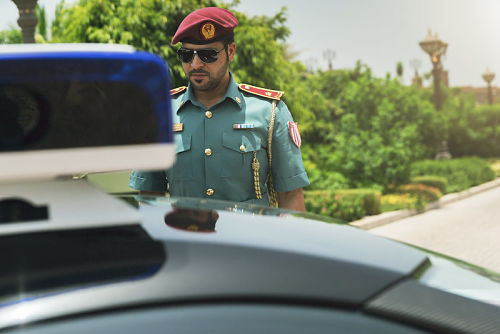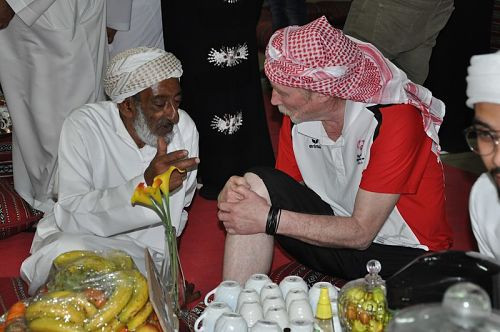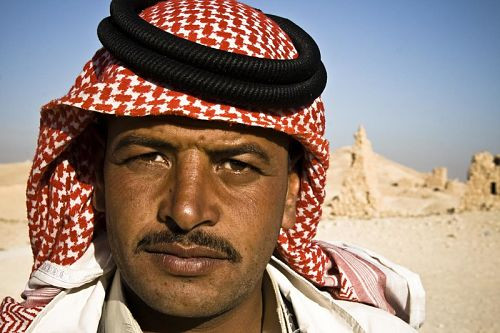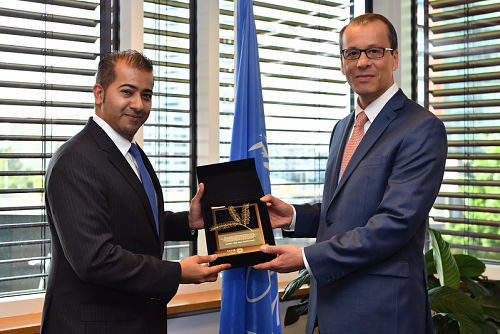Many assume the two Arab Gulf countries are alike.
However, Saudi Arabia and the UAE are culturally, politically and socially different in many ways.
A question commonly raised during Middle East cross-cultural training is why the region is named this way.
Well, here's a really quick explanation.
Saudi Arabia has a wealth of strategic opportunities, characterised by a favourable geographical position and an abundance of natural resources.
It has the potential to become the ‘next big thing’ in the Middle East and to build economic streams which are not oil dependent, as outlined in its ambitious ‘2030 Vision’.
If you’re travelling to the Middle East on business, and want to make a good impression, then it’s important you understand behaviours that are considered rude – or even taboo.
The Middle East is a large region, made up of many different countries – and hence cultures.
Are you new to doing business with the Middle East?
Understanding the local culture is critical if you want to succeed.
Are you travelling to the Arab world for business or working with Arab clients/colleagues?
Need to know what to call people and how to address them? Then this blog is exactly what you’ve been searching for!
When it comes to cultural sensitivity training, it’s a little misleading to think of Middle Eastern culture as something homogenous.
Why? Because the Middle East is a melting pot of ethnicities, languages and religions. These elements all fuse together to give us a rich cultural tapestry.
Did you hear about the supermodel, the airport lounge and the cultural faux pas that caused uproar in Saudi Arabia and the UAE?
No? Well, this is a great little example of culture gone wrong!
A common question foreigners moving to or working in the Middle East ask at cultural awareness training sessions is, "Why do the men wear the headdress?"
Great question!
Providing relocation training for expats moving to the Middle East means that we get to hear a great deal about people’s experiences in their new home country.
Although moving to the Middle East can be an incredibly positive experience, it goes without saying that adapting to new cultures and ways of doing things can be a challenge.
If you’ve visited the UAE, then you’ll know that one of the things they do really well (particularly in Dubai), is to create great visitor experiences.
The UAE is known for its beautiful architecture, luxurious hotels, beautiful mosques, cultural landmarks and incredible tourist attractions.
The Middle East is as culturally diverse as the USA, which makes it difficult to talk about Middle Eastern culture as something homogenous.
What we will do, however, is to pick a few cultural differences which are shared across most of the Middle East and which are more likely to trip North Americans up when working in the region.
For those of you interested in the Saudi people and culture, Google Search Engine data is a great starting point.
By looking at what people in Saudi Arabia are searching for online, you can establish a good understanding of what’s important to the Saudi people and, from this, draw inferences about the culture and life in Saudi Arabia.
A survey by the UAE’s security magazine, 999, has shown that most expatriates visiting the UAE are doing so while blind to UAE cultural customs and traditions.
Seven out of ten of the 2,000 expatriates included in the survey claimed to not understand local Emirati culture and traditions.
Saudi Arabia has become an almost permanent fixture in Western news.
With the murder of Jamal Khashoggi and the continued carnage in Yemen which threatens to spiral into the worst global famine this generation, the spotlight placed on Saudi Arabia has been almost completely negative.
Being a good host is a central part of life in the Middle East and it is an underpinning value that everyone in the region shares.
The roots of this can be found in the tribal system whereby treating guests well is traditionally a way of gaining honour.
As with any people, the Arabs look to the past for their sense of identity.
Arab history is tied to tribalism and the nomadic life of the desert.
The giving and receiving of gifts is an important part of professional and personal life in the Middle East.
Closely tied up with the need to maintain relationships and as a way of gaining and giving face, gift-giving bonds people together.
A word of warning for anyone travelling to Saudi Arabia - stay well away from any DABBING! The move could see you spending some time in jail.
Abdullah al-Shahrani, a Saudi entertainer, was recently detained by Saudi authorities after dabbing during a concert in the city of Taif.

 +44 0330 027 0207 or +1 (818) 532-6908
+44 0330 027 0207 or +1 (818) 532-6908
